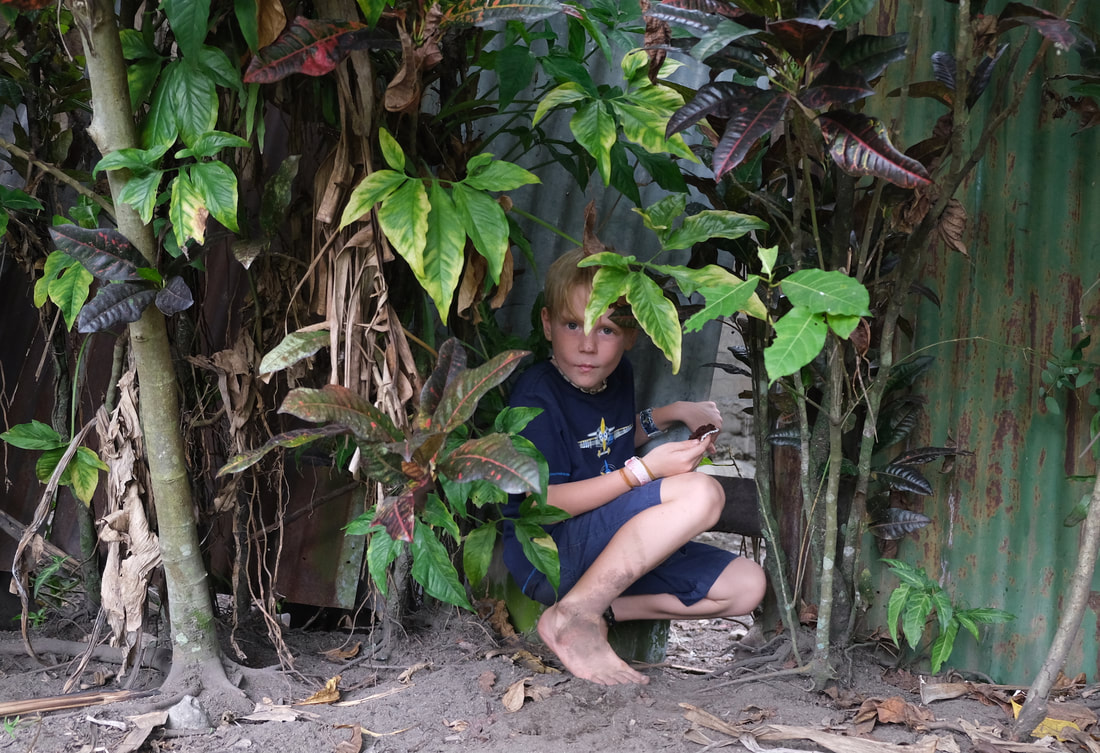 I always have ideas of how I’m going to keep up this blog, and then either internet isn’t strong enough to actually load a new post, or it takes a back row to other priorities. As you might have noticed, we are back in Indonesia now! We’ve been here about a month now and still haven sent out a new update! Like I said, internet has been an issue and still is! At this moment all the lights on our modem say we are good to go, but our computers are sending another message. Anyway, we will hopefully be sending one out soon! I’d say we are pretty much settled back into life here in our little coastal town with the heavy humidity and beautiful sunsets. I was a little concerned on how our kids would do adjusting back to life over here after the longest time we have ever spent in America as a family. They were so enjoying “American life” and making connections with new little friends. Noah had cried several times when talking to me about moving back here, saying he didn’t want to leave America and say good bye to his family and new friends. Man it really tears you up to watch your kids process grief and goodbyes! It's hard enough for me to deal with, but when it’s your kids you really have to push forward in faith that God will meet them where they are. Of course He always does. The kids have surprised me in how well they have jumped back into life here though! Last term they were pretty shy around any Indonesian person they didn’t know well and were very hesitant to do anything in public without me by their sides. Indonesian Church for example was always an exhausting event since they didn’t want to leave me to play with the other kids or even sit more than a seat away. Since getting back I have noticed a surprising change in their bravery and friendliness! It helps that Shem is older now, and can go along with Noah as his security blanket :). Our first Sunday back at Church, the boys asked to go out on the porch by themselves half way through church to play with the other kids! Of course I said yes! Usually kids to be running all over the place during Church since there isn’t much of a children’s program to occupy them. It’s so not American culture, but since it’s normal here, I’m happy my kids are finally wanting to join in. At the end of Church we found the kids playing on the porch and Noah saying “Mom, I LOVE church! I don’t want to go home!” Wow! Thank you Lord! Neighbourhood kids are often in our yard in the afternoons which the boys really enjoy now too. They can’t communicate too much yet, but with time I am sure they will learn. The Lord has answered some concerns of mine quite quickly as well. I was wondering what I would do for a consistent house helper now that my mornings are filled with homeschooling. I didn’t even start looking for one before a friend offered her house helper as an option since she was moving away for several months. I now have a house helper that comes 3x a week to help around the house. I cant tell you how wonderful it is to come out of the school room and see the floors swept and mopped and the dishes and laundry done. It’s amazing how much of my day is spent just keeping the house clean when I don’t have a helper. It has been a huge blessing for me and my helper as well to earn some income. I used to feel really awkward having someone do my housework, but it seriously helps my sanity to have her! Nathan is back at teaching Bible lessons weekly at a local Church, and doing supply buying for our Church planting teams. This next week he gets to help out a coworker by traveling to the north west end of Papua to bring a boat to their ministry location. He loves those kinds of opportunities! I’m thankful to be feeling well health wise and I’m just taking things one day at time. I really feel your prayers, so keep them coming! All for now.
0 Comments
The boys were in bed, the day was drawing to a close and Nathan and I were relaxed in the living room, watching a movie. It gets dark at about 6pm year round for us, so it was already dark out. Our couch sits to the left of the back door and I was sitting on the end closest to it. Amid the noise of the movie, I suddenly heard the familiar click sound of the door opening. It startled me, and I looked to my left. Sure enough, the door was about an inch open. I immediately felt alarmed. I said “Nathan! someone just opened the door!” He jumped up and ran to the door, grabbed the handle and yelled in Indonesian “Who’s out there?!” The door wouldn’t open because whoever was trying to open it was trying to pull it closed again. Nathan yelled again and yanked the door open and started chasing a man into the dark. At that exact moment the power went out. I was standing in the middle of the living room in pitch black, listening to footsteps disappear into the darkness. I shakily scrambled around for my phone and turned on the flashlight. Waiting. Wondering who had tried to come into our house when they could obviously see that I was there and the TV was on. The power flickered back on and Nathan came back, saying he chased the guy down the road before he slipped down a side street. It was too dark to tell who it was.
Was it the young man who I had already had 2 awkward and inappropriate interactions with on the road recently? The way Nathan had been sitting in the corner may have blocked his visibility from the window. Was he trying to come in because he thought I was alone? Uncomfortable thoughts that bothered me the next few days. I found myself glancing at the door frequently throughout the next day, and locking it during the day whenever Nathan was gone for anything. This had already been a seriously stressful few months with moving into a house that needed to be totally gutted and being the only western family in town for months at a time. I was exhausted emotionally and physically from so many bouts of sickness with either me or the kids. Then a handful of incidents with men in the community made me question going out on my own (with the kids or without) anymore. I noticed that I wasn’t looking people in the eye anymore when I went out into town or to the market. I generally hold my head up and smile and nod at those in passing but I realised I wasn’t doing that anymore. My eyes were down and I was avoiding any eye contact with men especially. I didn’t want another awkward interaction. At times I was on edge almost constantly, jumping at sudden sounds like doors slamming or phones ringing. The physical symptoms came during all of this too. I won’t go into detail, but it was a pretty traumatic thing to feel so many things going on in my body and have nowhere to go for help. Looking back it’s pretty obvious it was stress, but I had never had experience with anxiety or any of these other things so it was very hard to accept or believe that it was “just stress’ when it was affecting me so strongly that I couldn’t even function. My body couldn’t cope anymore. It had gotten itself stuck in stress response and would be triggered by almost anything. We decided to move up our furlough time to get to the bottom of my health struggles. Our time in the states has been enlightening to me regarding stress and trauma. I had to learn for myself what my body was doing in order to believe it. I’ve been reading a lot of books, have had lots of info from doctors regarding stress and its amazing impact on the body. Now, I do have a mild case of autoimmune thyroiditis, which definitely exacerbates the affects of stress. I think the meds I am on now for that are really helping! A huge piece of my “healing journey” (I’m gonna be cheesy and use that phrase) was actually believing 100% that this is all stemming from a sensitive nervous system that is hyper reactive to stress. It couldn’t be someone else just telling me that, I had to find it out for myself. Brain science is so fascinating! It’s really fun to learn about this stuff. (Maybe I should have been a neurologist...) I have been doing a program that retrains the brain to get it out of chronic stress response. I do an hour (most days!) of practice a day to retrain my brain! How crazy is that! I believe it is actually working. God’s design is incredible! He has designed us so intelligently and it’s a testimony of His great wisdom in the way He has designed the brain to protect us. I asked myself why I am sharing this, and the main reason I guess is that we are going back to Indonesia hopefully at the end of August and I wanted people who pray for me to know a little more of the kind of stresses I personally have been facing overseas. I hope it will help you to know how to pray! Some may be wondering why I am going back after all the stress. I believe through your many prayers on my behalf that God has rekindled an excitement in me to go back. For a while there I was willing to go back, but there wasn’t a real excitement about it. I feel that in the past month specifically I have regained the desire and excitement of going back to our ministry. I don’t think this could be from any other source than God. He is so patient and kind to me. I don’t feel afraid, even though it is always hard to leave our friends here in America. I’ve never felt so weak or helpless as I have in the last year and half, but I also know that God doesn’t waste trials. He will work all things together for good to those who love Him. He is teaching me how to love Him! I have been thinking about my good friends there, and the opportunity to share Christ with them in these next few years. Lord willing, He can speak through my non-eloquent words and ways to share His truth with them. I am so glad He will do the work and that it’s not up to me. How to Order 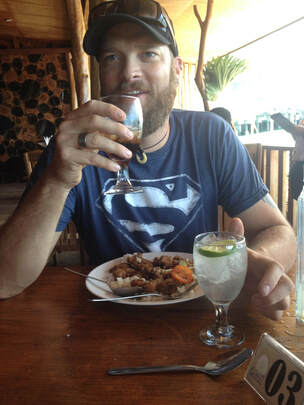 Our favourite Restaurant in another town Our favourite Restaurant in another town There’s nothing quite so thrilling as seeing new construction go up in our little town in Papua. What could it be? Perhaps a new restaurant, with some semi western food options? Maybe it’s a play place for kids, with real slides and swings inside? Or better yet, a new grocery store with dairy products! I torture myself with ideas while the slow building progress continues. In the end it usually ends up being a new car fix it shop, or another one of the hundreds of barber shops. New restaurants are super exciting though. And if you are smart, you will go check them out as soon as possible after their opening day. You know why? Because that is the only time that they are most likely to have what is actually listed on the menu in stock! I came up with a few guide lines when ordering food at a restaurant in Indonesia (especially in Papua). 1. Keep your expectations low. (You saw a picture of a juicy hamburger on the menu, but it's actually a google image they put there for show) 2. Ask what they have available on the menu first. They will almost certainly only have 25% of what is listed, and you can save yourself some time and disappointment by asking what they have first. 3. Always assume it will be spicy, even if they say it’s not. This one is especially important with kids. 4. Going along with the last point, don’t make your order too complicated. If you don’t want it spicy, you can order the sambal (hot sauce) on the side instead of confusing them by saying you don’t want it spicy at all. Same goes with ingredients you don’t like. Just pick them out rather than ask for them to be left out. Thinking outside of the box is a westerner thing. 5. Order one flavoured drink and at least one water. This might be my preference, but the flared drinks are super sweet and super small, so I always mix the water and flavoured drink for flavour a quantity. 6. Say the item you want, and the quantity second. Example: “Rice, 2. Chicken, 2. Veggies, 1.” instead of “2 rice, 2 chicken and 1 veggies”. I observed this after a year or so living in Indonesia when a seemingly simple order would be met with a redundant question of “how many?” Item first, quantity last. 7. And most important - When they don’t have that delicious butter chicken available, or they are somehow out of rice (trust me, it’s happened) just smile, nod and say “ngak apa-apa” (No problem) :) WHEN YOU GOTTA GO... 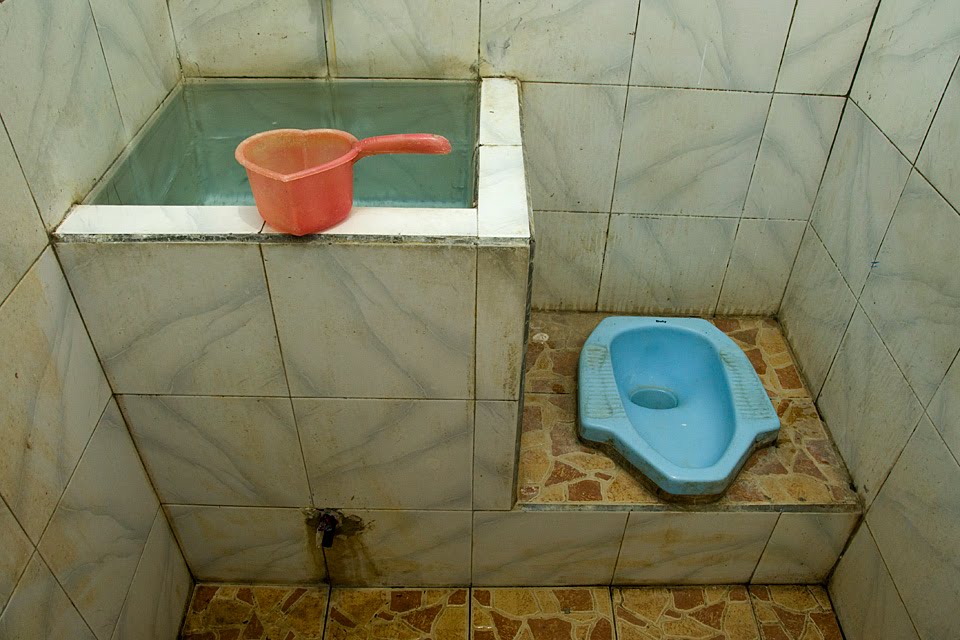 I visit a lot of public and private bathrooms. Not because I need to use them so much as my 4 year old does. I try to avoid them as much as possible. I use the bathroom before leaving home and just hold it if I have to go while out and about, but I guess little boys aren't as good at holding it as I am. Noah and I have gotten into this little routine where we go into a bathroom and he will say what kind it is. “Mom, this is a YUCKY bathroom!” or “Gasp! This bathroom is NOT yucky!” Most of the time its the first one. When we go into a “yucky” bathroom its always the same thing, I say “Noah, don’t touch ANYTHING. I will help you, just don’t. touch. anything.” When we were on vacation last year I took Noah to a bathroom that had fancy sinks and flowers on the counter. Clean, nice smelling, paper products galore. He couldn't stop saying “MOM!!! This is NOT YUCKY!!!! It's a NICE bathroom! I can't believe this!” Soak it in kid, soak it in. Above is a picture of a typical Bathroom here. It got me thinking about what makes a “not yucky” bathroom. 1. Not wet. Here, they love everything to be wet. Wet apparently equals clean. Bathrooms here are generally made of all tile. Tile walls, floor, a tile water basin to scoop from, and a porcelain squatty potty. The floor is always sopping wet since after someone is finished, they scoop water from the basin and splash it all over the place to clean up (I always hope that what I am standing in is indeed water.) So yes, a dry floor, walls, and toilet seat is definitely what I consider “not yucky”. 2. A raised toilet seat. About 75% of the time the toilet is a squatty. But sometimes there is actually an American style toilet! I still don’t actually “sit” on said toilet seat because, well, its wet. Not many people know how to use an American style toilet so they still climb up and squat on top of it and of course splash water all over it when they are done. BUT, an American height toilet is much easier to “hover” over than a squatty potty! 3. Toilet Paper. 95% of the time this is just a dream. Its always a must to have tissues in your purse since the chance of actually having toilet paper be available is next to none. Also, if it IS there it will probably be, you guessed it, wet. 4. Soap. There are lots of soap dispensers, but if they have anything in them its 90% water mixed with 10% soap. Hand sanitizer is also a must in your purse. 5. Paper towels. Sometimes in the fancy malls in other cities there are actually hand towels!!! (It makes me feel like royalty). But normally a shake of the hands and a quick pat on your pant legs has to do. Yeah, I think those are the basics of what help a bathroom be “not yucky”. ps. I hope this did not come across as disrespectful! Just because it is different from how my home culture does things, does not mean it is wrong. Not wrong, just different! Plus, public bathrooms anywhere in the world are not most people's favourite place for comfort or cleanliness! The year in review (part 2)June: A coworker, along with a couple who help run a missions training program in Australia came see our ministry and visit the Moi people group. We enjoyed hanging out with them and showing them the Land the Lord has provided for a base here! The weekly bible lessons continue on! July: Shem is sick again. More fevers and sleepless nights. Lots of time in the neighborhood walking with the kids. These kids showed us how to open coconuts with nothing but their teeth! Rainy season is no joke! It rained so much the local market flooded. Landscaping the land for the base is put on hold because of so much rain! No land work can be done because of the mud. We had some more visitors from Australia who are currently in training to come work in Indonesia! We took them out on the boat to see the Whale Sharks. Nathan had a Birthday and 2 days later Noah turned 4 years old and enjoyed swimming with his first whale shark! Vacation! Bali is an incredible blessing to us. It is in country so it is more affordable for us to fly there, but it has so many comforts of home like restaurants with western food and English is freely spoken. Attire is relaxed and there is much less attention drawn to us since there are so many tourists. We had a WONDERFUL break! Nathan got to swim in an ocean 5K and placed second in his age group! Eating Shark meat during Shark week! Exciting times as some friends from the Moi people group leave to attend Missionary training school on another island! Timotius and his wife Mutadi, along with Bubabo are now several months into their missions training!!! SO exciting! August: Preschool begins for Noah! I started teaching Noah along with two other 4 year olds preschool twice a week at the MAF base. Noah loved learning alongside Elyse and Jayden! A group of coworkers from another city flew to our town to visit and see the whale sharks. We never tire of taking people out to see the gentle giants! It really has become a side ministry to take coworkers out to be refreshed by God’s amazing ocean and his incredible whale sharks. Noah was so happy to see his friend Leo. I was insanely excited to meet one of my best friends in Bali for a few days! Nathan was gracious enough to stay with the kids for a few days so I could reconnect with Candace. It was a blast! The MAF (Mission Aviation Fellowship) families, along with us and a few other expat families that serve in the area put on a “missions night” for the community. We invited all the Leaders of each church in town along with some prominent business people to come hear about what each of our families are doing here. It was a huge success and many people came. It was great to give clarity to everyone of why we are here and how we desire to work alongside them. The man who gave us the land for a base passed away. We went to his funeral. September: A baby named Obar was evacuated from a Moi village after he fell into a fire and was severely burned. We was attended in another city and then flown to us for follow up care. Nathan went daily, bringing a local nurse to help clean the horrible burn wounds and administer his medicine but he didn't end up making it. It was a REALLY rough thing to see happen. We were heartbroken. This is the third baby these young parents have lost. It was an emotional few days attending the burial and watching the parents grieve. Some supporters of ours came to Papua and we were able to meet up with them in our old city, Sentani. My aunt also happened to be in Papua doing a check up on her village’s translation project (she has served in Papua for over 35 years!) so we got to hang out with her for a few days too! My Birthday was on Sep 20th and it was fun to see my good friend Delvin and some others again! Bummer though, Shem got sick again while we were there. October: Nathan left for a 2 week long conference on another island! It was a LONG two weeks without him but we survived! Nathan learned how to create phone Apps for Bible translations that the local people here can use. So cool! Photos below are just regular sights around town. We visited my friend Dora to see her sister’s new baby! Dora has become a great friend over the last year. We like hanging out at her house or she will often drop by to say hi. Noah and Shem like to play with all her cute nieces and nephews. November: Nathan left again on an almost 2 week trip to sail a boat to its new ministry location. He had a blast and once again, we survived while he was gone! Below is the group he sailed with. Nathan returned from his trip just in time for Shem's 2nd Birthday! Happy Thanksgiving! We had the privilege to pass out Operation Christmas Child boxes in a village not far from us. It was super fun to see the kids receive such a special gift! December: Merry Christmas! This month has been full of Christmas services at different churches and homes. We look forward to what God will do in the year to come!
|
AuthorBurris Family, living in Asia Pacific Archives
April 2019
Categories |

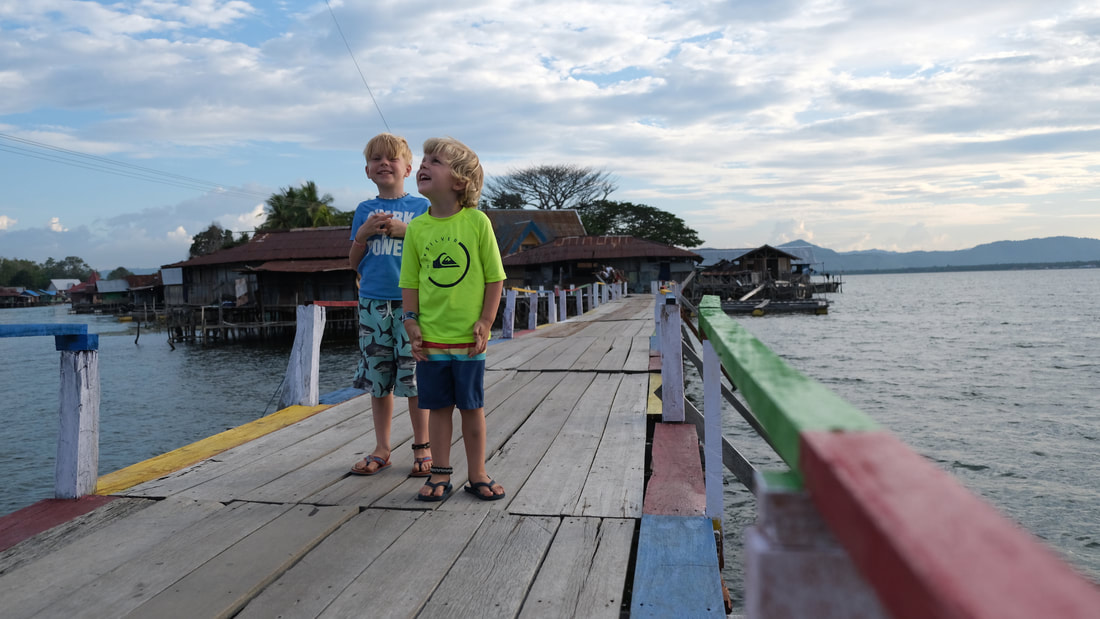
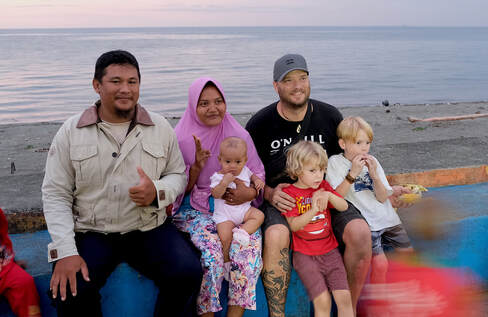
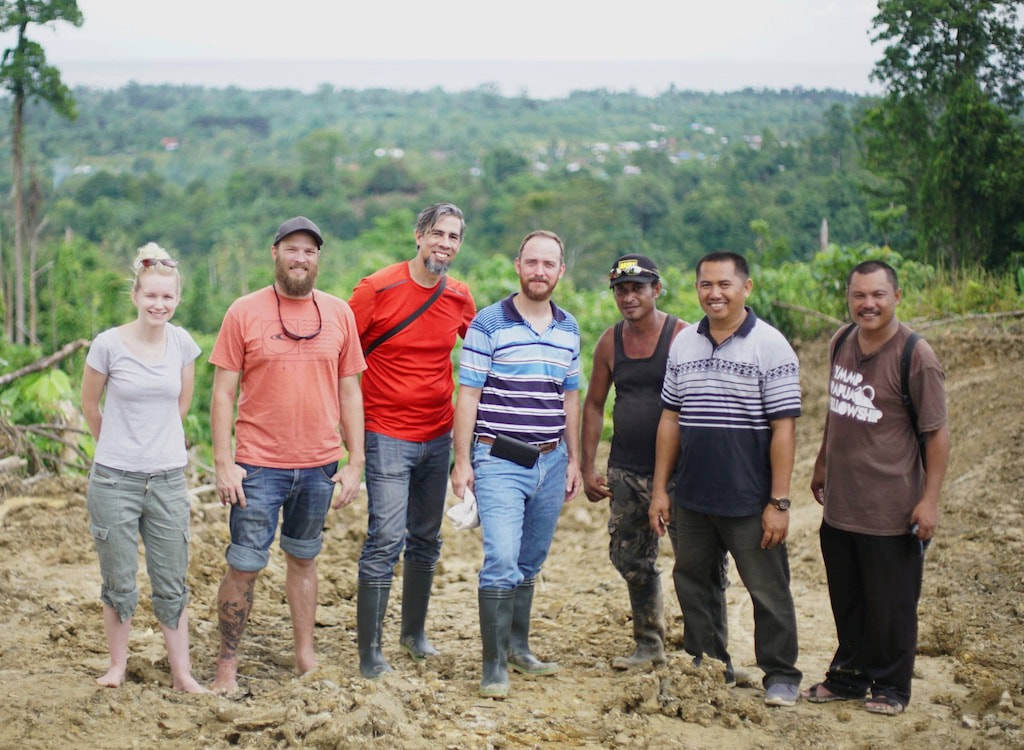

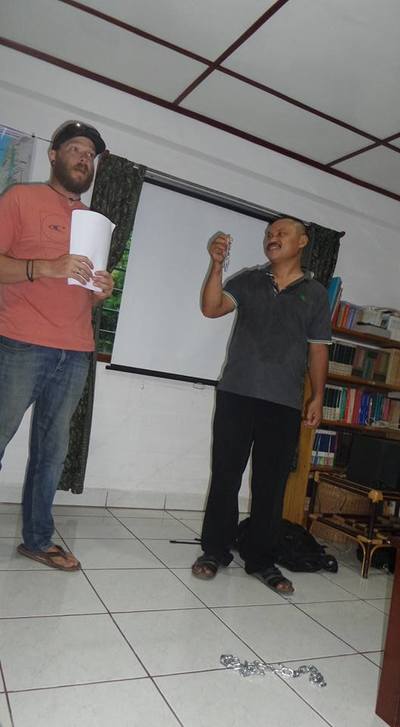
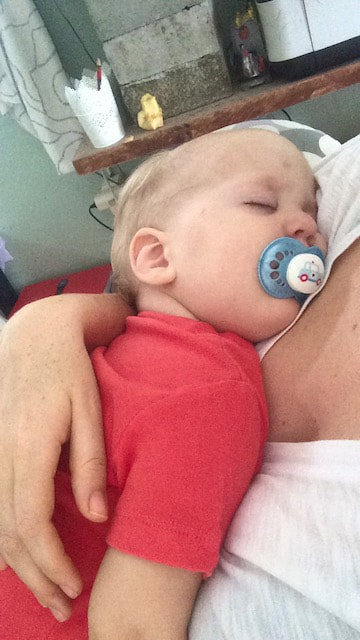
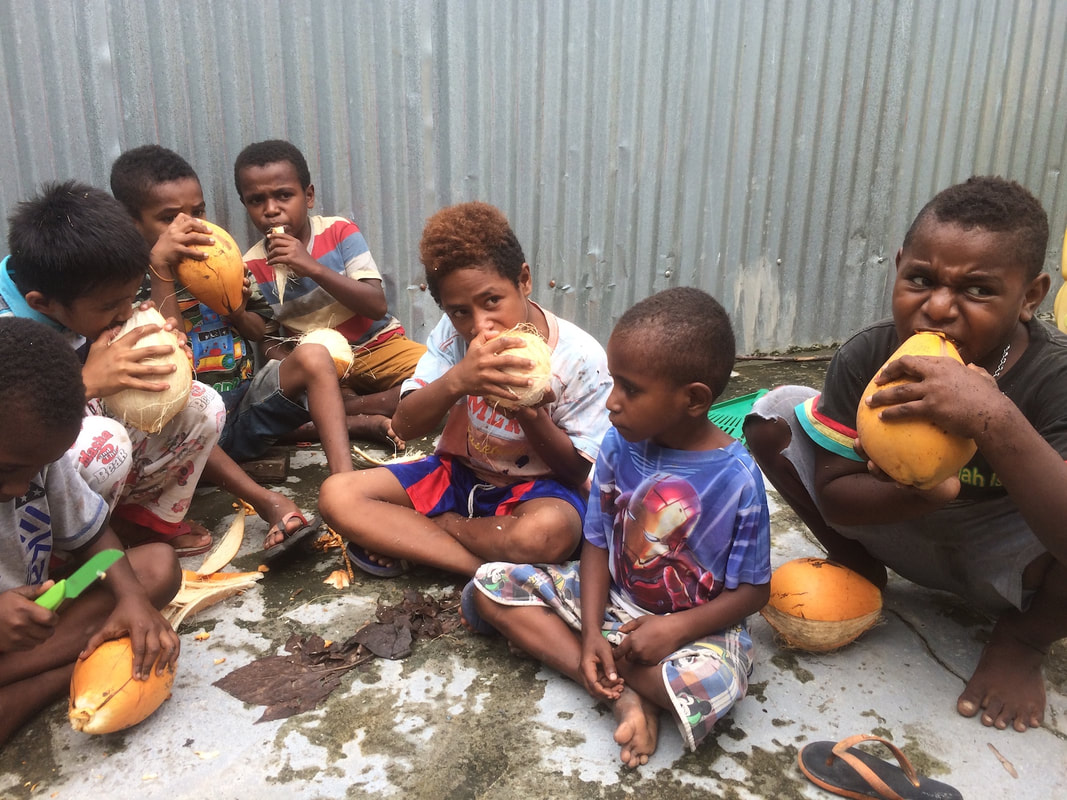
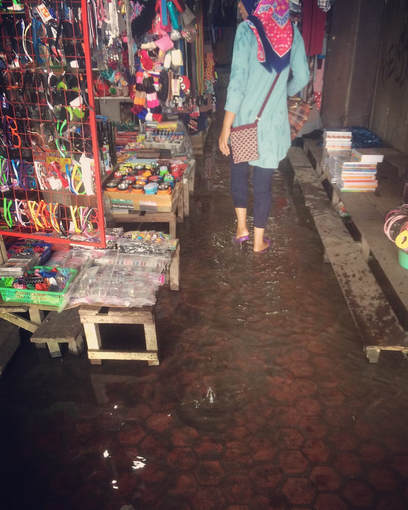
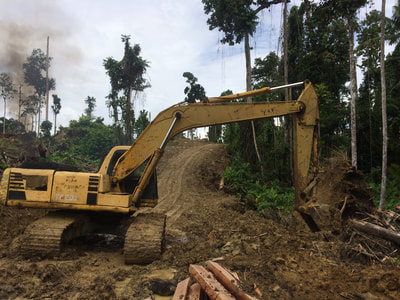
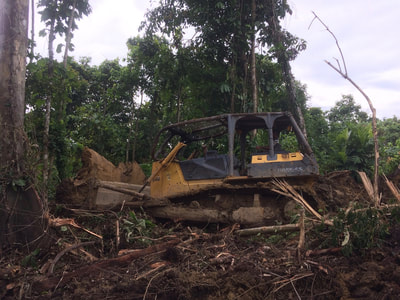
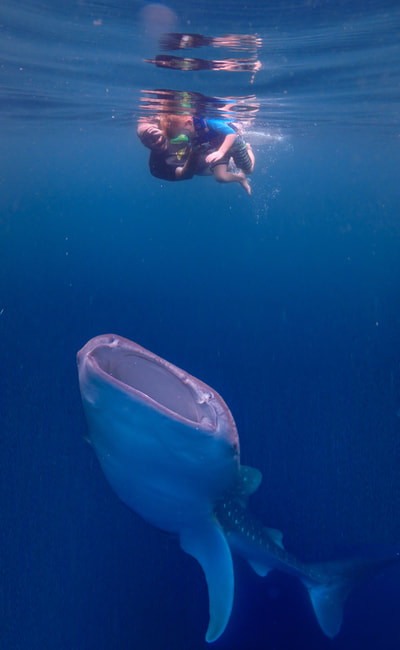
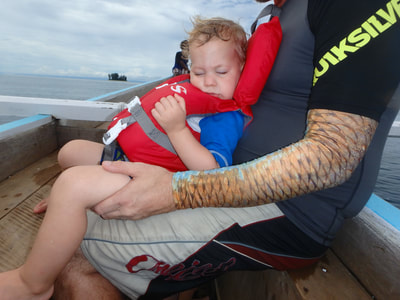
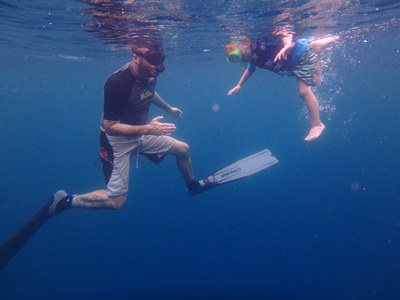
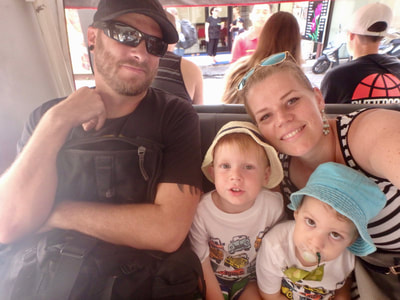
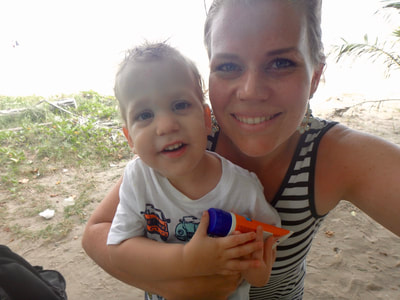
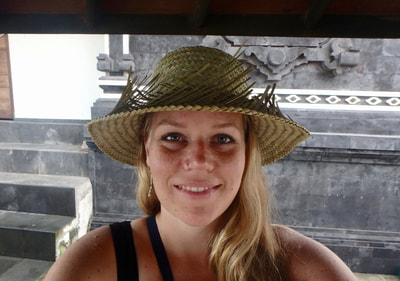
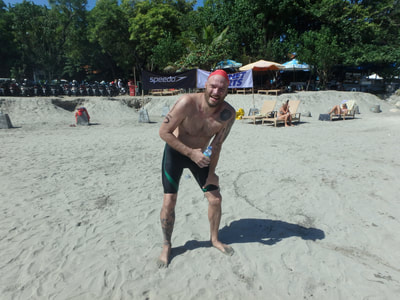

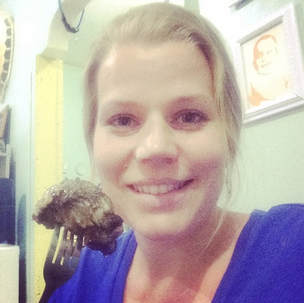
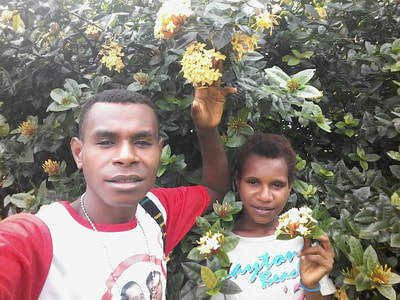
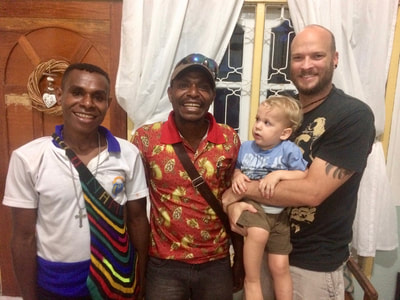
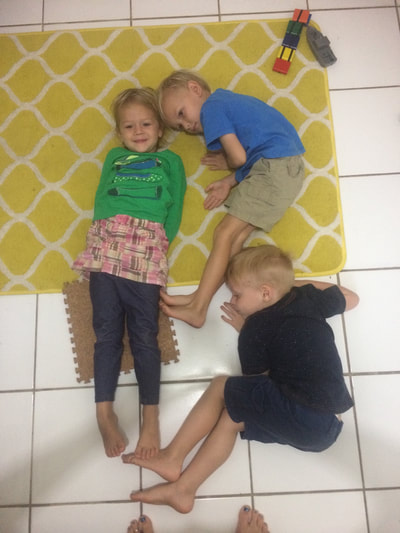
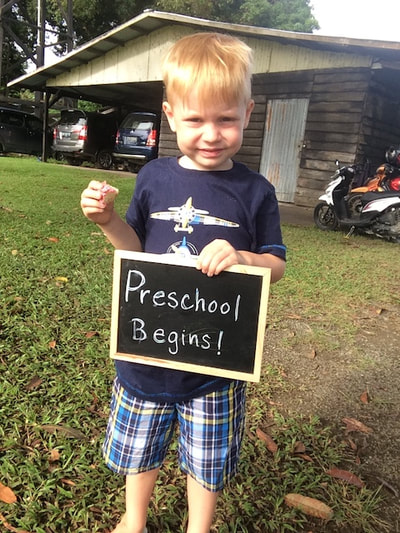
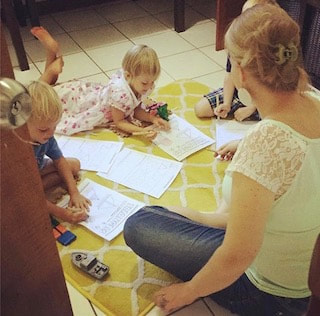
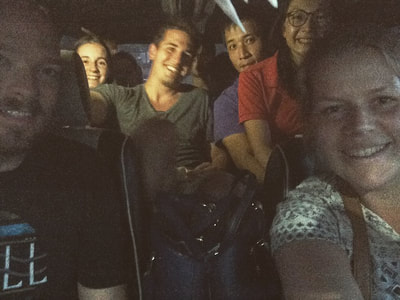


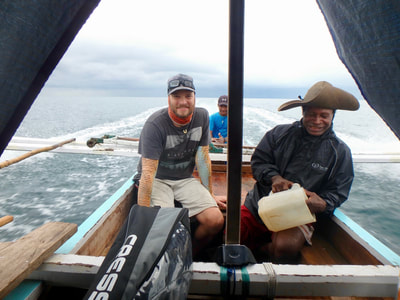
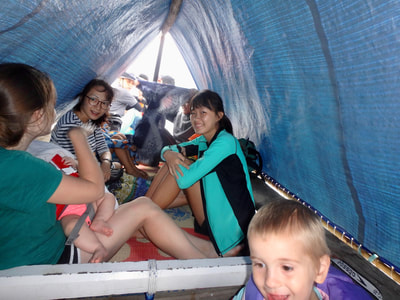
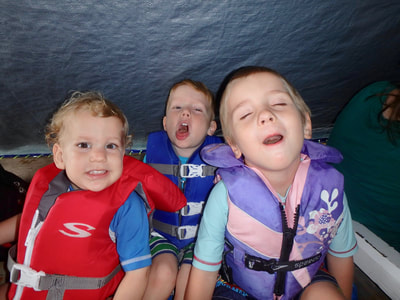
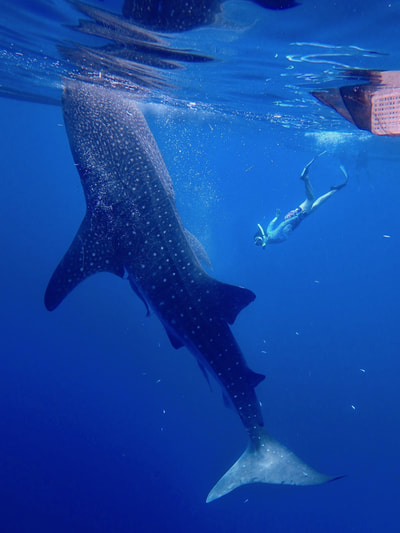
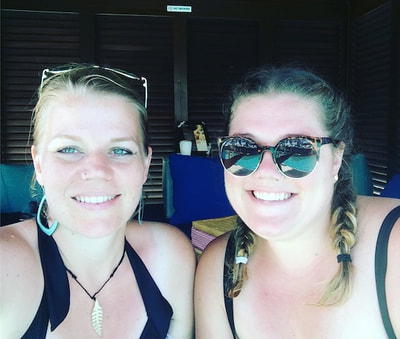
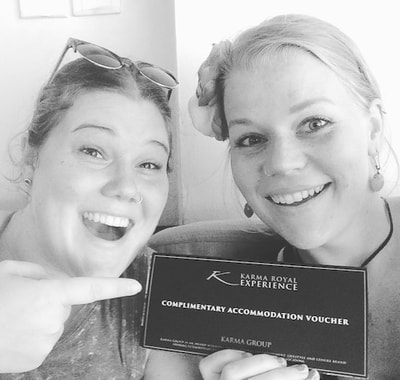
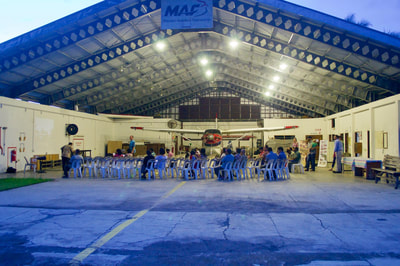
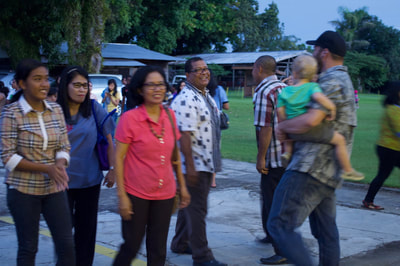
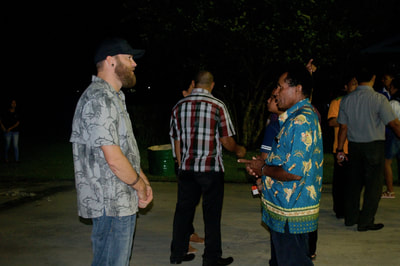
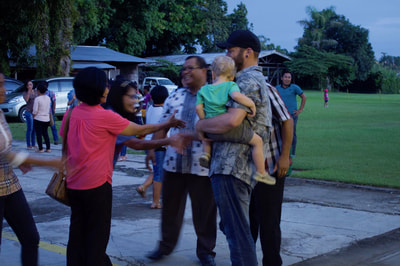
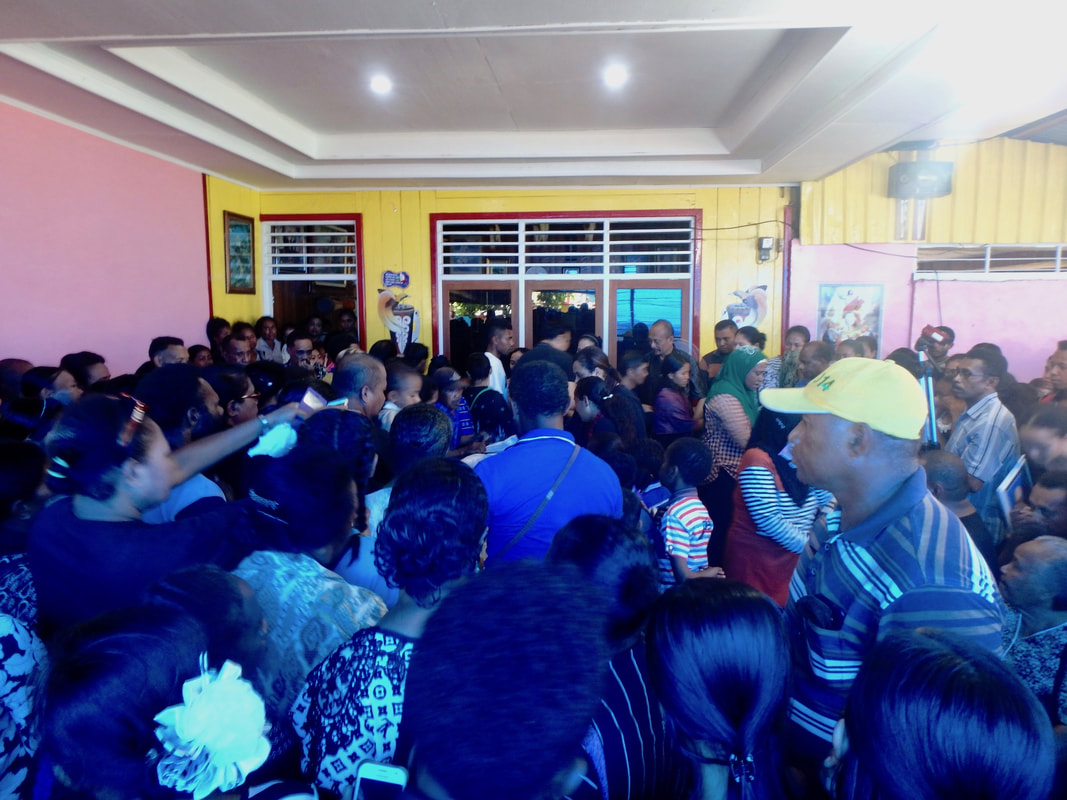
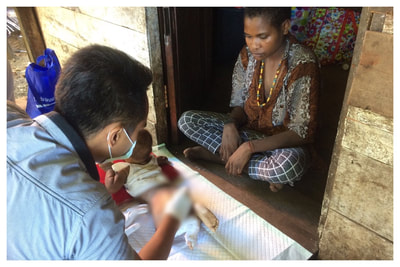
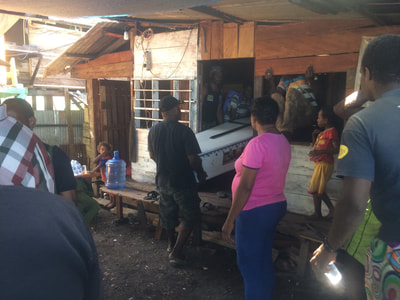

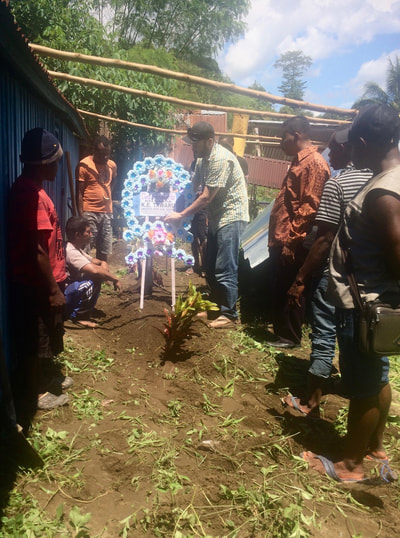
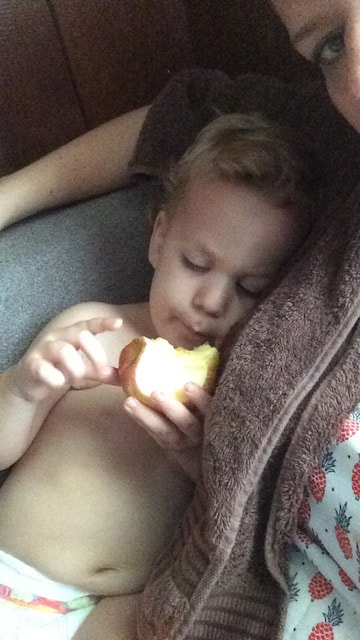
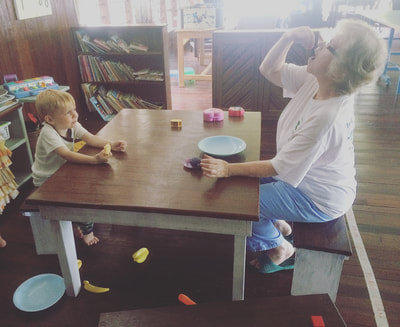
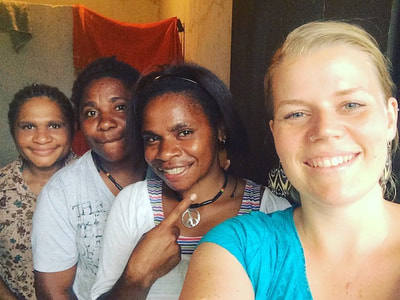
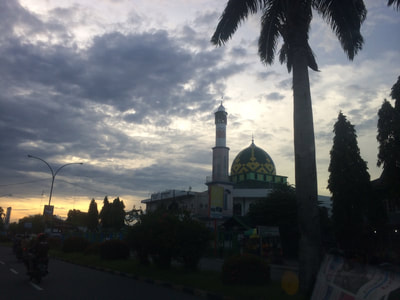
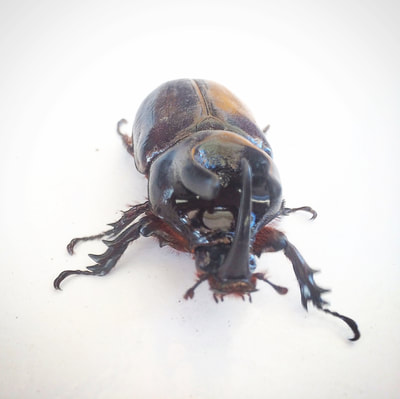
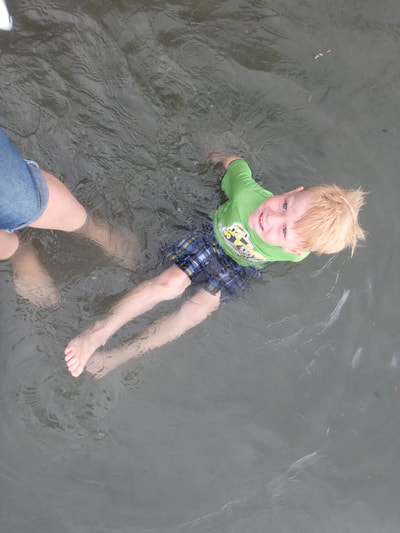
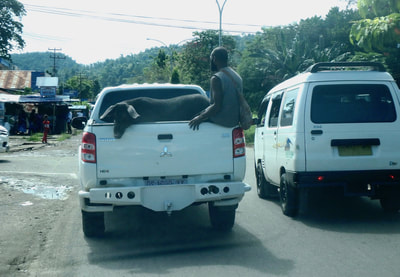
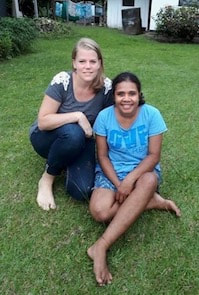
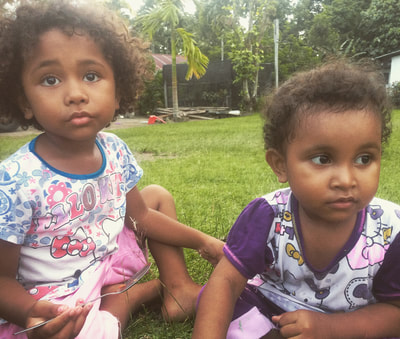
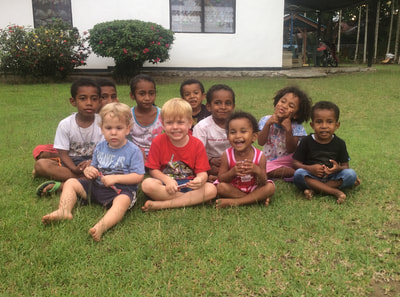
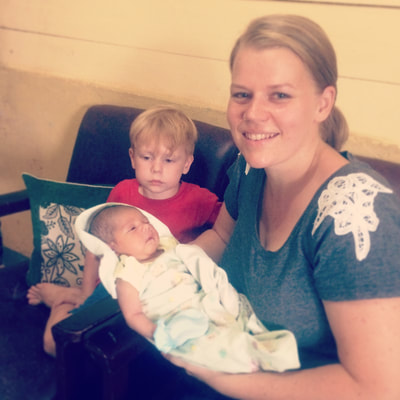
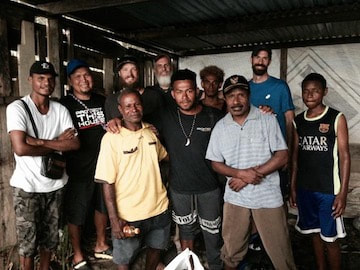
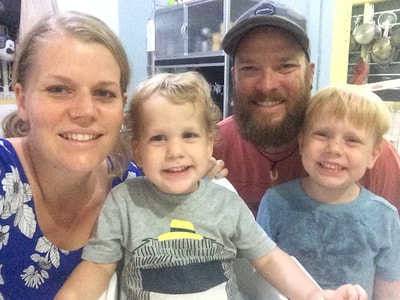
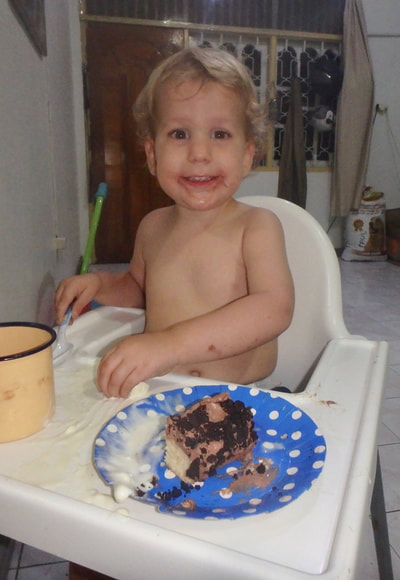
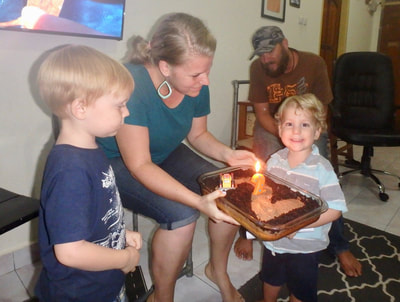
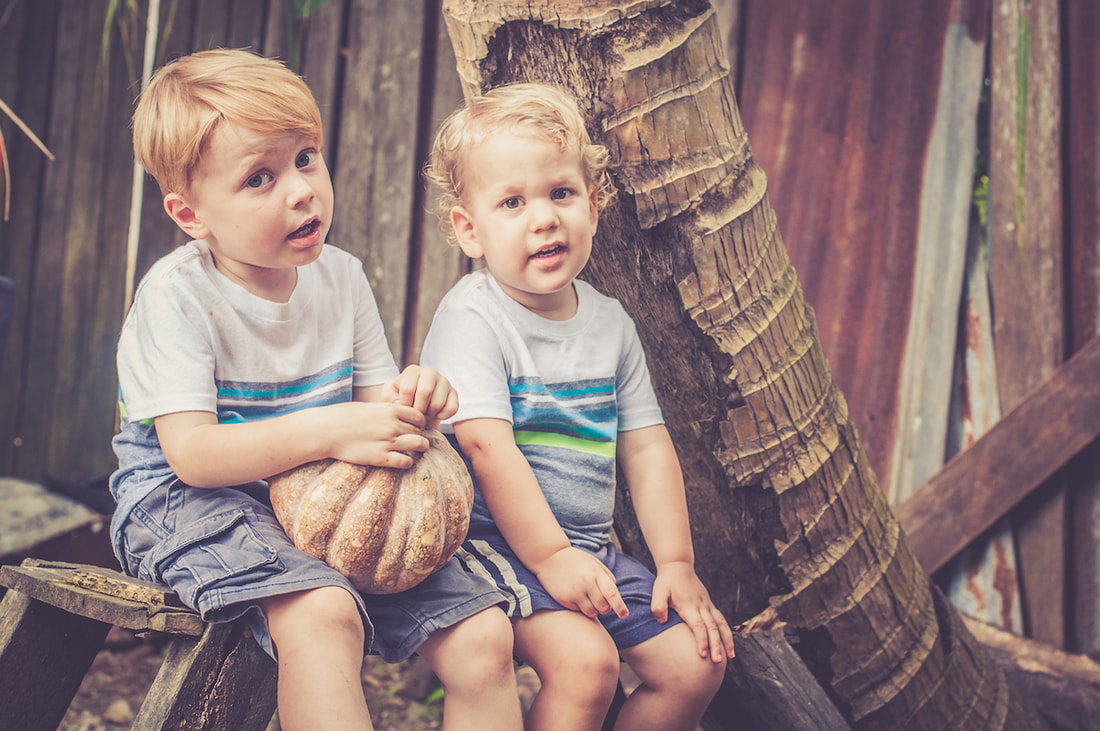
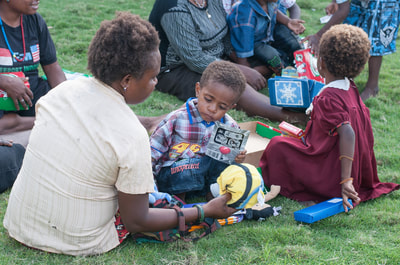
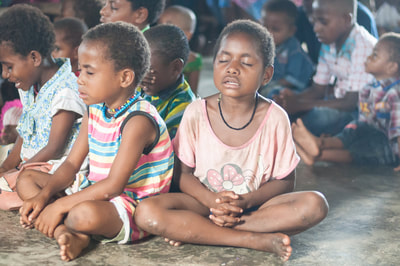
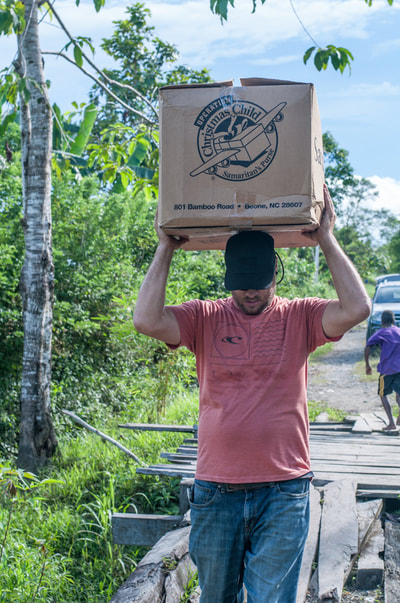
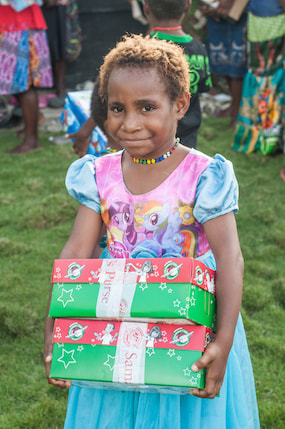
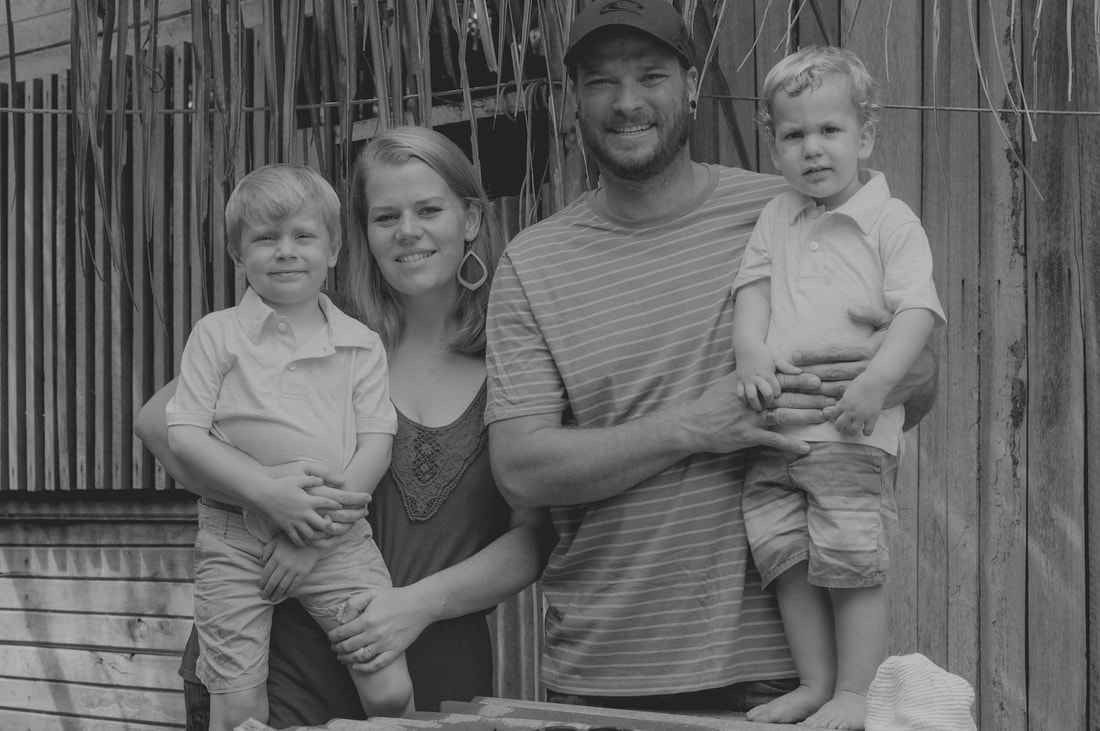
 RSS Feed
RSS Feed
